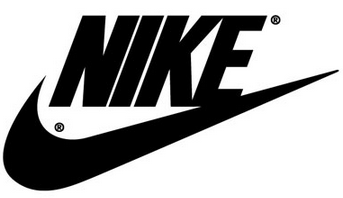Global Entry, a U.S. Customs and Border Protection (CBP) initiative to speed pre-approved trusted travelers through international arrivals processing, surpassed 250,000 user sessions at Washington Dulles International Airport Sunday.
Washington Dulles International Airport, where Global Entry launched on June 6, 2008, ranks seventh nationally in user sessions.
The program, popular with the international travel community, continues to grow in membership. More than 414,000 members have enrolled in Global Entry. Another 750,000 travelers enjoy the expedited processing benefits of Global Entry through other trusted traveler programs such as NEXUS (Northern border) and SENTRI (Southern border). Interested travelers can learn more about Global Entry membership. ( Global Entry )
“Global Entry works. It has proven to be a winner for frequent, low-risk international travelers, such as business professionals, travel industry representatives, U.S. diplomats and airline employees,” said Christopher Hess, CBP Port Director for the Port of Washington (DC). “Global Entry at Washington Dulles International Airport continues to set significant milestones in user sessions and continues as one of our nation’s pace setters for trusted traveler processing,” said Hess.
Global Entry members also automatically qualify for participation in the TSA Pre✓™ expedited passenger screening program for domestic travel.
Washington Dulles, with its 250,918 Global Entry user sessions, ranks behind New York’s John F. Kennedy International Airport, Houston’s George Bush Intercontinental Airport, Newark (N.J.) Liberty International Airport, Miami International Airport, Hartsfield-Jackson Atlanta International Airport and Chicago O’Hare International Airport.
Trusted travelers with Global Entry benefits have processed their international arrivals a combined 2,959,578 times at self-help kiosks located in 37 airports in the United States and at pre-clearance stations overseas.
The most significant benefit to Global Entry is time saved waiting in primary inspection lines. Average processing time for Global Entry members is about one minute. Wait times for passengers without trusted traveler memberships can be lengthy during peak arrival times. View your local airport wait times on CBP.gov. ( Airport Wait Times )
Participation in Global Entry is voluntary. Participants must possess a machine-readable U.S. passport or permanent resident card, pay a non-refundable $100 application fee, submit an online application, pass a law enforcement check, and complete an interview at a CBP enrollment center. ( Global Entry )
Washington Dulles was one of three original airports to deploy Global Entry in June 2008; JFK and Houston Intercontinental were the others. More than 3.2 million international travelers arrived to Washington Dulles during 2011.
SOURCE: CBP

